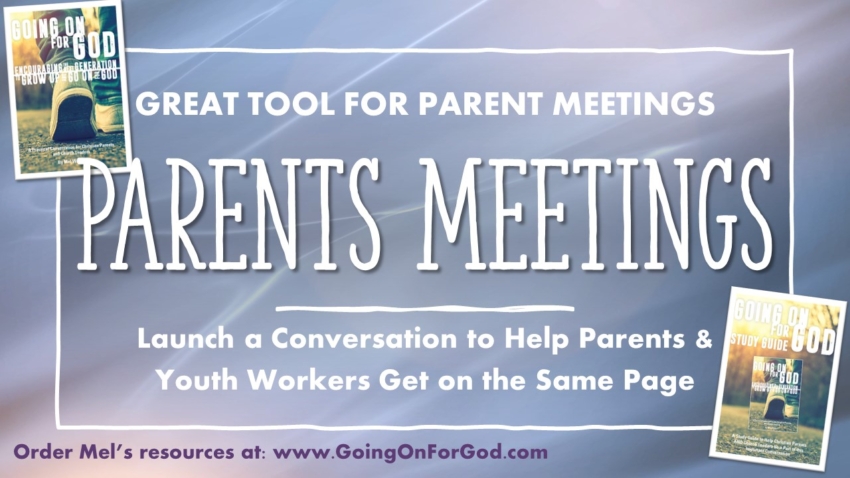“Youth Ministry Heaven”?

In June of 1974, the Righteous Brothers released their hit song, “Rock and Roll Heaven” which lamented the passing of rock stars such as Jimi Hendrix, Janis Joplin, Otis Redding, Jim Croce, and Bobby Darin. The song imagined the gathering in “heaven” of these talented, but now deceased artists. With my apologies of the writers of “Rock and Roll Heaven”, Johnny Stevenson and Alan O’Day, I want to use their analogy to share my thoughts about the recent passing of one of the legends of youth ministry, Dr. Dawson McAllister.
Here is the link to a press release from “The Hope Line” which shares much more information about this influential youth ministry trend setter: https://www.thehopeline.com/passing-of-founder-dawson-mcallister/?fbclid=IwAR2YjQLzc-aguMqEK4uZm7zNPBVCQ0-JGkwaK5DkCPhkUSkl0Qk972hvnsA.
We lost another youth ministry “hall of famer” this week with the home-going of Dawson McAllister. Undoubtedly, every youth worker in America for over three decades used the materials or attended a conference written or led by this visionary and incredibly creative entrepreneur. I was one of those youth workers.
His bio claims that he spoke to over one million teenagers in a twenty-year span of his ministry, but he was also a pioneer of Christian radio. At the height of his popularity, his call-in show, “Dawson McAllister Live!” was featured on over 250 radio stations from coast to coast. He was also a prolific writer with 18 books to his credit.
Dawson McAllister was ushered into heaven this week where he heard his Lord and Savior proclaim, “Well done thou good and faithful servant.” Dawson believed in kids and youth ministry – and he dedicated his life to pointing the next generation to Jesus.
When I heard of his death just today; my creative, but perhaps warped mind, immediately thought of that Righteous Brothers’ song.
I can imagine Dawson being heartily welcomed to a table where other youth ministry legends who had passed on before were seated reminiscing about the glory days of reaching kids for Christ.
Seated there were:
- Jack Wyrtzen, who rented Yankee Stadium in 1944 for America’s first “Word of Life Rally”;
- Percy Crawford, who began the “Young Peoples’ Church of the Air” just a few years later;
- Torrey Johnson & Billy Graham who helped launched what became “Youth for Christ” – also in 1944.
- Art Rorheim and Lance Latham, who helped found the “Awana Youth Association” outside of Chicago in 1950.
Those guys had already been welcomed to the table by people like Francis Edward Clark, who established the “Young People’s Society of Christian Endeavor” in 1881; George Williams, who founded the “Young Men’s Christian Association” in 1844, and Robert Raikes, who developed the first Sunday School back in 1780.
I can also imagine Mike Yaconelli being there – he helped found “Youth Specialties” in 1969. But he may have too busy being “Getting Fired for the Glory of God” or dancing on the “Jones Memorial Carpet.”
Others were there to be sure – men and women God used to create and develop what we refer to as youth ministry. These were visionary leaders all, people with a God-given burden and vision to impact lives of kids for eternity.
Dawson is welcomed to that table for sure because so many of us do what we do today in part due to his influence on our lives and upon our careers.
My imagination sees this make-believe “youth ministry heaven” and believes that the conversation around that table today has been enhanced and invigorated by Dawson McAllister joining in on that discussion.
Welcome to the band, Dawson. Welcome home!
(Disclaimer to Readers: This is may be my most sacrilegious post ever. I am not a fan of the language and message of the Righteous Brother’s song “Rock and Roll Heaven. I’m just using that song here as an illustration. Please don’t be offended.)









